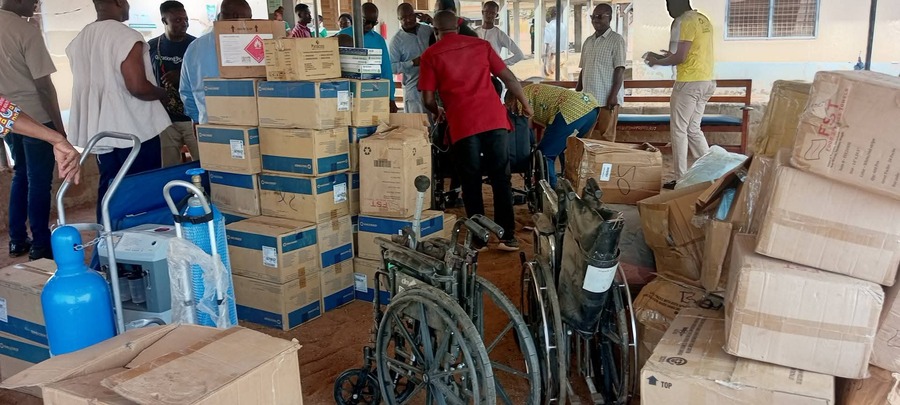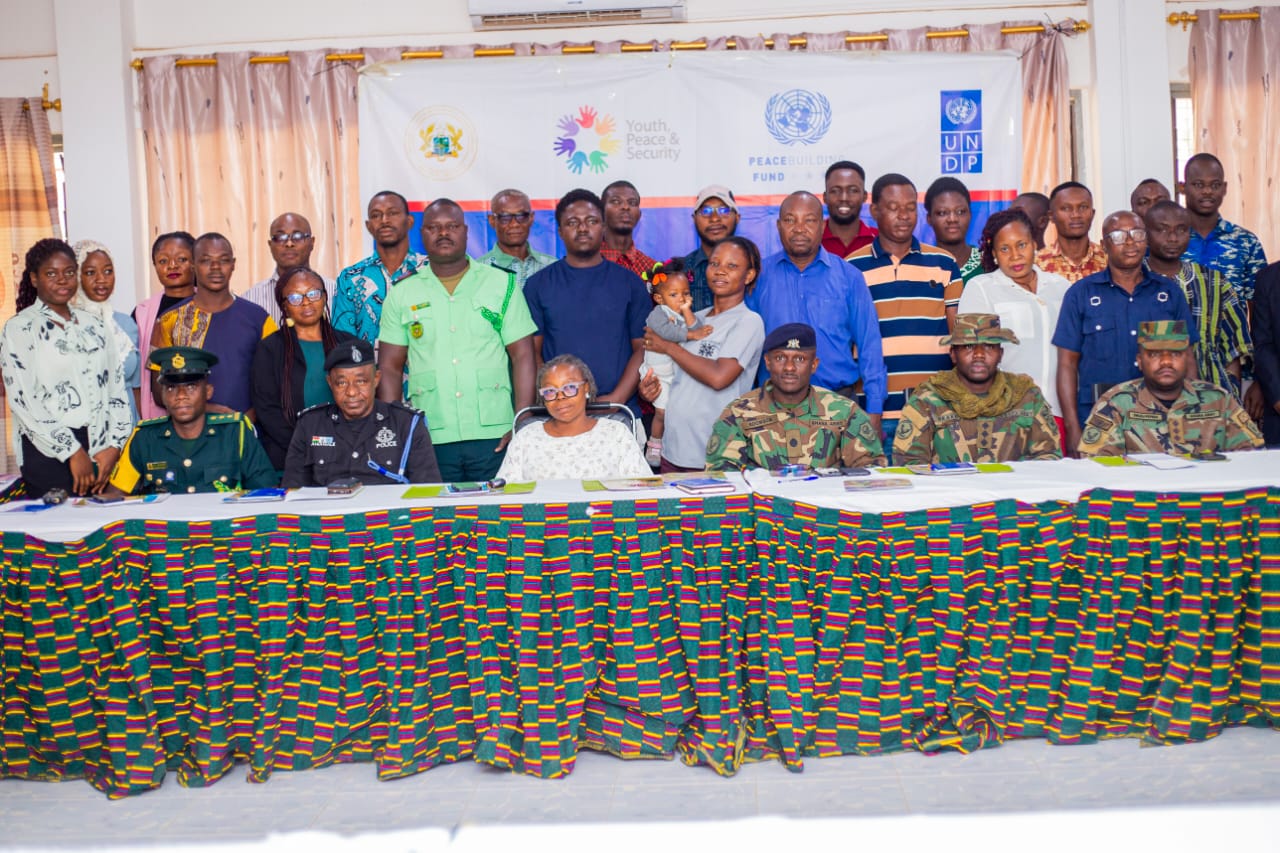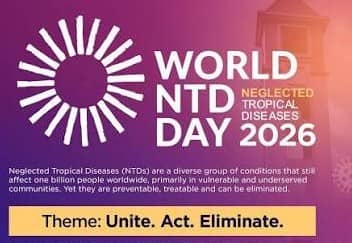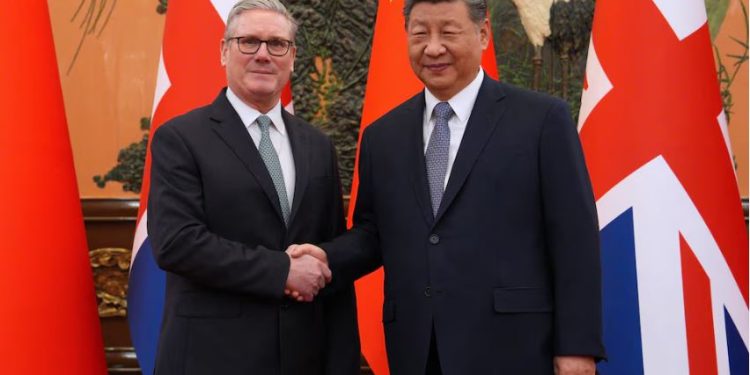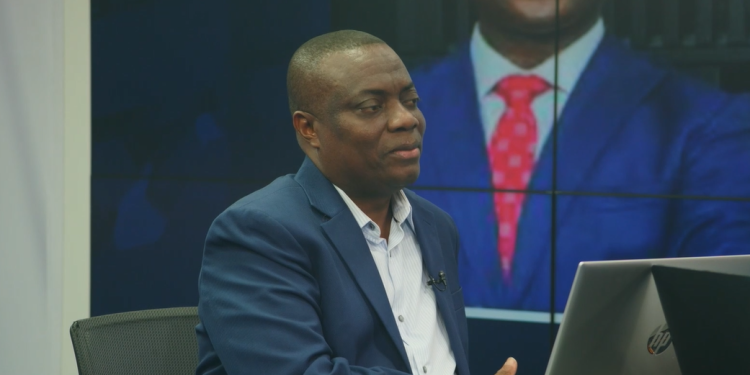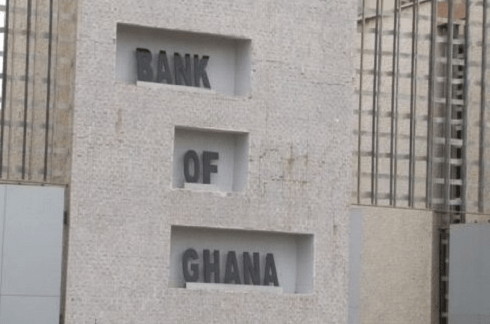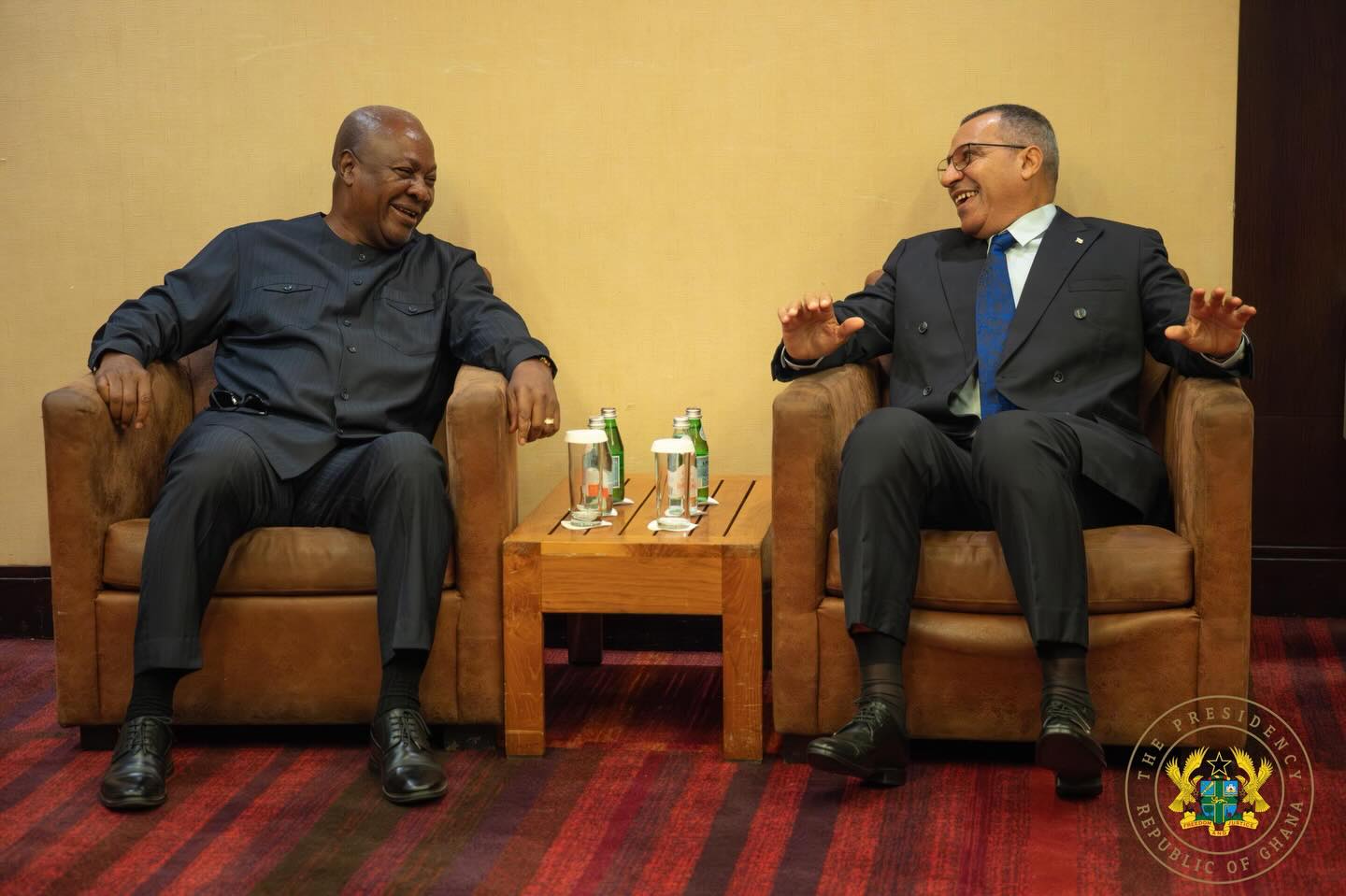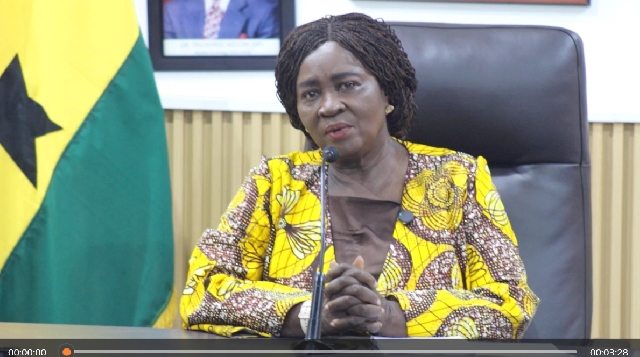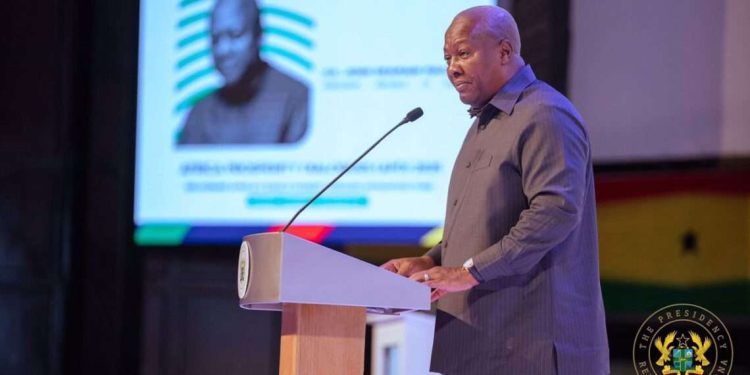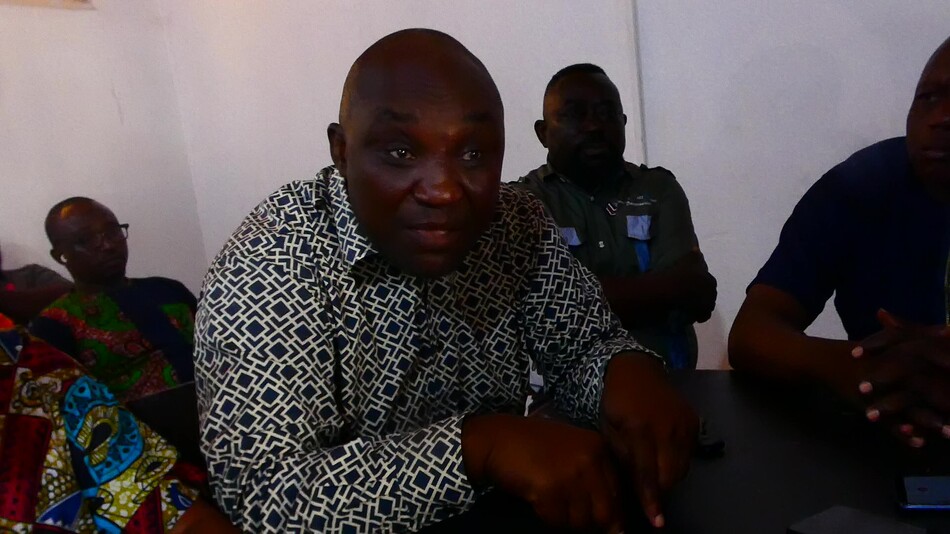The ongoing controversy over the distribution of fertilizer during Ghana’s 2024 Dry Spell Intervention Programme has taken a new turn, as the former Municipal Chief Executive (MCE) for Kassena-Nankana Municipal, Joseph Adongo, publicly challenged former Minister for Agriculture, Dr. Bryan Acheampong, over what he called “an attempt to run away from his own shadow.”
In recent days, a viral video surfaced in which Dr. Acheampong alleged that all fertilizer earmarked for the emergency intervention was dispatched to the country’s districts months before the December 2024 elections. He further accused Metropolitan, Municipal, and District Chief Executives (MMDCEs) of hoarding the fertilizer for personal gain, a claim that has ignited swift and passionate responses from officials on the ground.
Speaking at a press gathering, MCE Joseph Adongo questioned not only the veracity of Dr. Acheampong’s statements but also his motives. “He wants to run away from his own shadow. He knows very well that the people on the ground are not happy with what happened with the fertilizer,” Adongo stated. “He was fully in charge. He was the person who was supposed to make sure that the fertilizer got to the ground for the people. The fertilizer was not supplied on time and not even in the right quantities.”
Adongo pressed the media to investigate the situation further, highlighting the inconsistencies in the distribution process. “Can we even ask ourselves, you are the media, I want you to go further. Isn’t it intriguing that when you look at the various constituencies, you just go and drop, if you need about 18,000, you’re given 5,000? You go here and drop 2,000. Why was this so?”
He argued that Dr. Acheampong’s accusations were a diversionary tactic, intended to deflect blame for a botched process in which he, as sector minister, had direct oversight. “He knows that this is what is waiting for him, so he has to make sure he brings other people in to bear the consequences. In any case, he wrote the letters to the directors, municipal and district directors of Agriculture. Why is he bringing this in?”
Adongo further questioned why the burden of responsibility was being shifted onto MMDCEs when the distribution was, in reality, handled by the relevant agricultural departments. “The director said that they wanted to distribute, and we refused, the DCs refused. So why is it coming to us? This thing was directed; if it was for a party, it would not be for a party; it is for the government. Therefore, you had a department that was in charge of it. So the thing was sent to the department to do the distribution. So how come it is coming back onto MMDCs?”
He insisted that unless Dr. Acheampong could provide concrete evidence that MMDCs had actively blocked or diverted fertilizer intended for farmers, the allegations should be dismissed. “Unless he has evidence that they wanted to share them and some MMDCs or all the MMDCs came together and said, ‘Do not share the fertilizer.’ So I think this is the reason why he’s running up and down and trying to bring up this. But it will catch up with him.”
In a call to action, the MDCESs invited journalists and the public to examine the documentary evidence available at the municipal and district offices. “We have the documents here and we want you to pick the documents and find out from the departments: When did you receive this? Why didn’t you share them? And maybe you can go further and ask, what have you done with what came?”
The former MCE’s remarks underscore the frustration felt by many local officials, who have found themselves caught between national directives and the expectations of their constituents. For many in Kassena-Nankana and other affected districts, the dry spell of 2024 was a period of immense hardship. Farmers faced crop failures and reduced yields, only to be met with delays and confusion over promised government assistance.
Adongo’s comments also reflect a broader sentiment among local leaders that the real issues lie not with the MMDCEs, but with the central administration’s planning and execution of the intervention. “This was not for the party, it was for the government,” he emphasized, reiterating that official channels and departments were responsible for the process. “You had a department that is in charge of it.”
As the debate continues, the call for transparency and accountability has grown louder. Adongo’s challenge to Dr. Acheampong is clear: face the facts and accept responsibility, rather than shifting blame to others. “It will catch up with him,” Adongo warned, confident that the truth would ultimately prevail.
As the dust settles on this controversy, the people of Kassena-Nankana and the wider Upper East Region continue to seek answers and hope for future interventions that will truly meet their needs, delivered with honesty and integrity.
Source: Apexnewsgh.com/Ngamegbulam Chidozie Stephen

